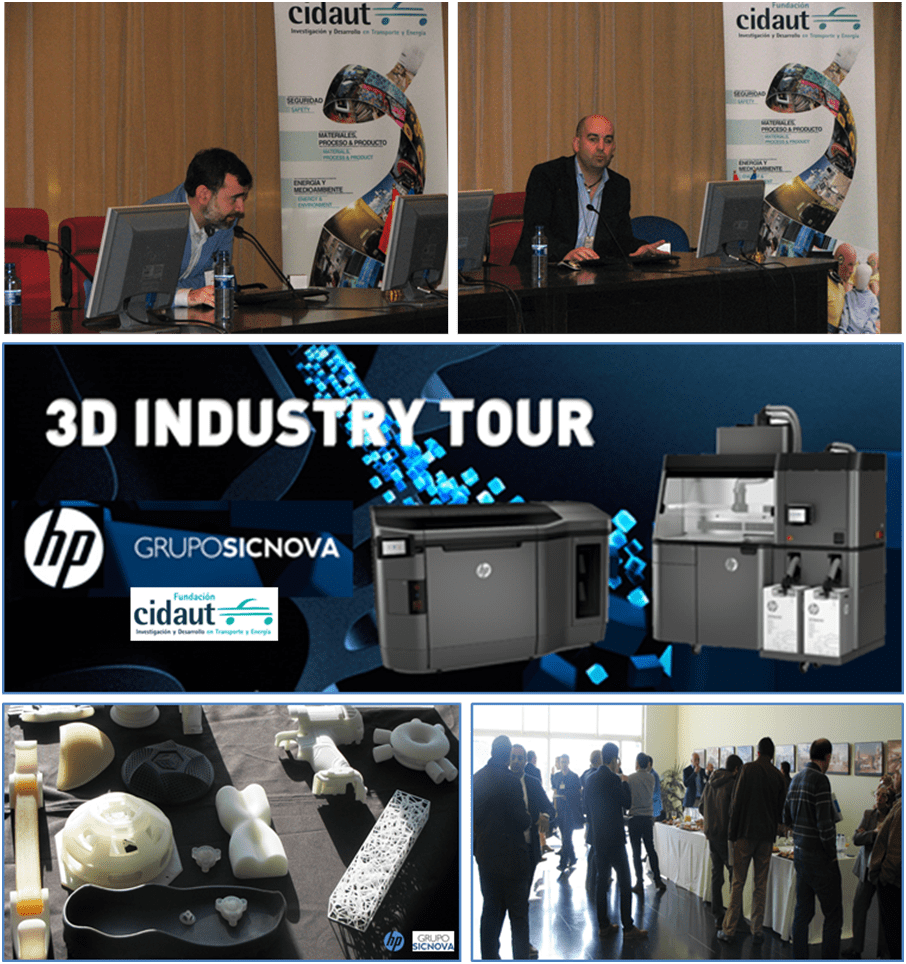The latest technological developments, hyperconnectivity and the globalisation of the economy are creating important challenges and opportunities for our economy. These issues are already changing the “how to make” of our enterprises. This is what is recognized as Industry 4.0 or Fourth Industrial Revolution. It´s comprised of growing trends in new processing technologies, automations, the internet of things, big data and cloud computing technologies, etc. Just like steam power, electricity and digital automation of the previous industrial revolutions, cyber-physical systems and new processing technologies will create the factory of the future; the smart factory.
In this sense, one of these new technologies which more and more companies are just beginning to adopt is the additive manufacturing, such as 3-D printing and 3D scanning technologies, which companies use mostly to prototype and produce individual components. With Industry 4.0, these additive-manufacturing methods are being gradually used to produce small batches of customized products that offer construction advantages, such as complex, lightweight designs. High-performance, decentralized additive manufacturing systems reduce transport distances and stock on hand.
Faced with this situation, on October 27th 2016, a technical workshop on «ADDITIVE MANUFACTURING, 3D PRINTING AND SCANNING TECHNOLOGIES VS INDUSTRY 4.0” organized by CIDAUT Foundation, in collaboration with HEWLETT PACKARD and GRUPO SICNOVA, has taken place at our installations in Boecillo Technological Park.
The workshop covered up-to-date subjects such: “Additive manufacturing in the context of Industry 4.0”, “Industrial application of 3D digitalization technologies: reverse engineering and quality control”, “Challenges and opportunities of the additive manufacturing applied to the high-performance thermoplastic products”, and “Presentation of the Hewlett-Packard´s new 3D-printing technology for industrial applications”.
The workshop was very well received by the attendees, who particularly appreciated their practical approach. It was particularly well received the explanations by the HP Iberia 3D Printing Sales Manager, Mr. Jaume Homs, regarding to innovative «HP 3D Materials Platform» and its applications. This is a HP’s unique Open Platform approach is fostering widespread adoption of 3D printing by expanding the availability of new materials to address a broader set of applications, lowering materials costs, driving performance improvements, and creating new possibilities for part properties that address specific industry needs.
The organization of these kinds of workshops is a clear example of the pledge of the Cidaut Foundation with the dissemination of these new processing technologies to the industrial sector.
